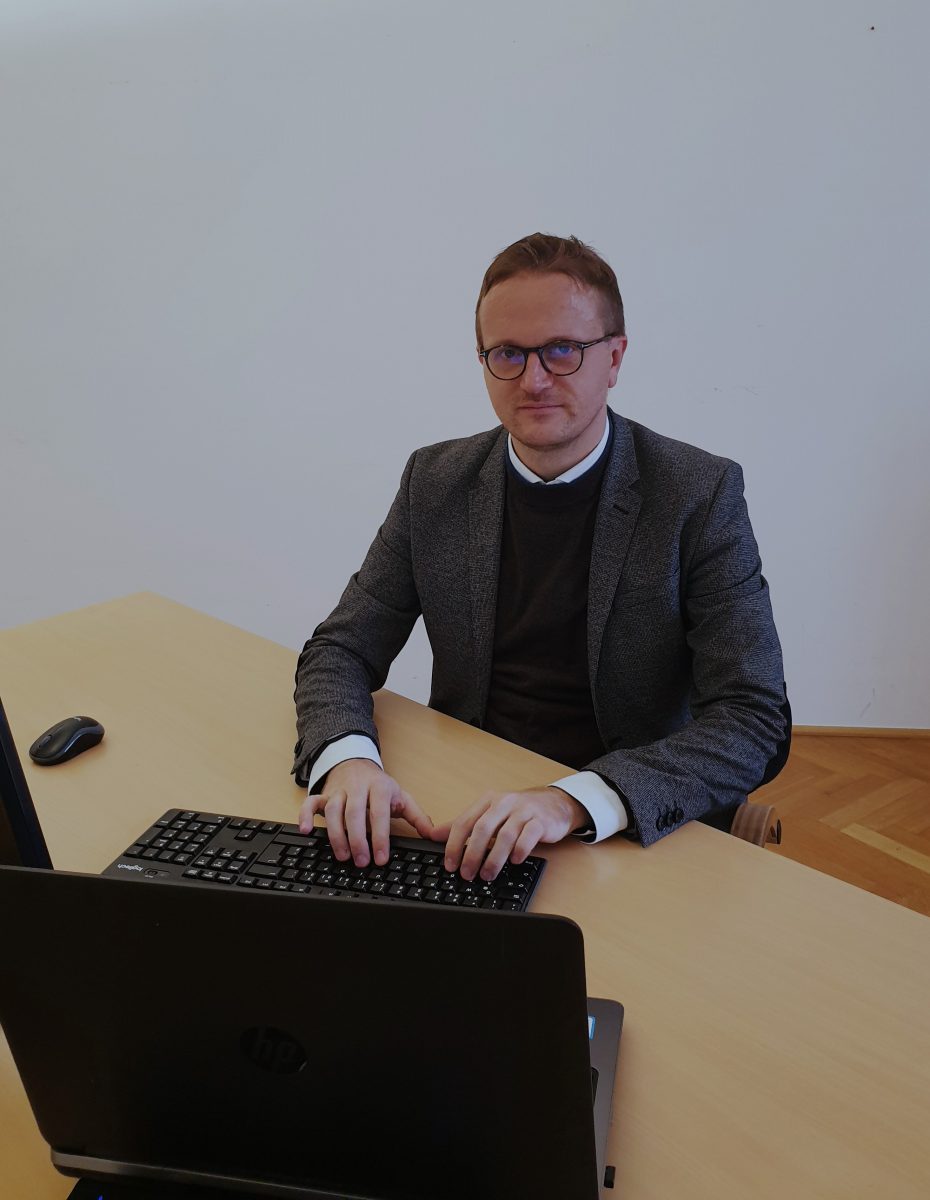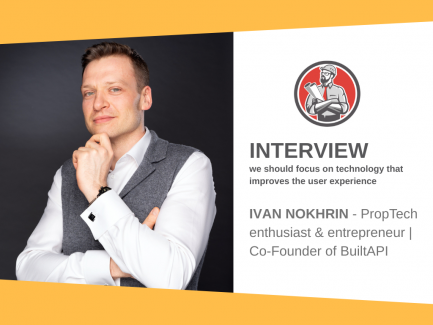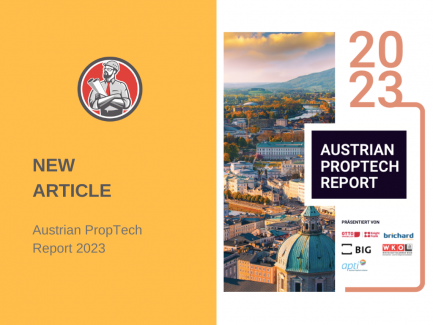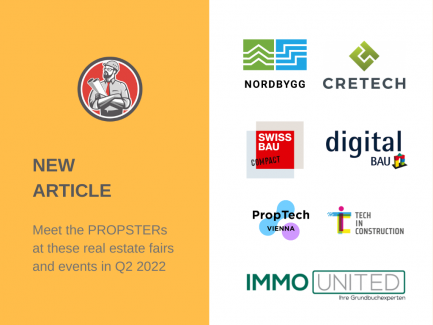Interview with Klaus Pfeiffer on the subject of asset management
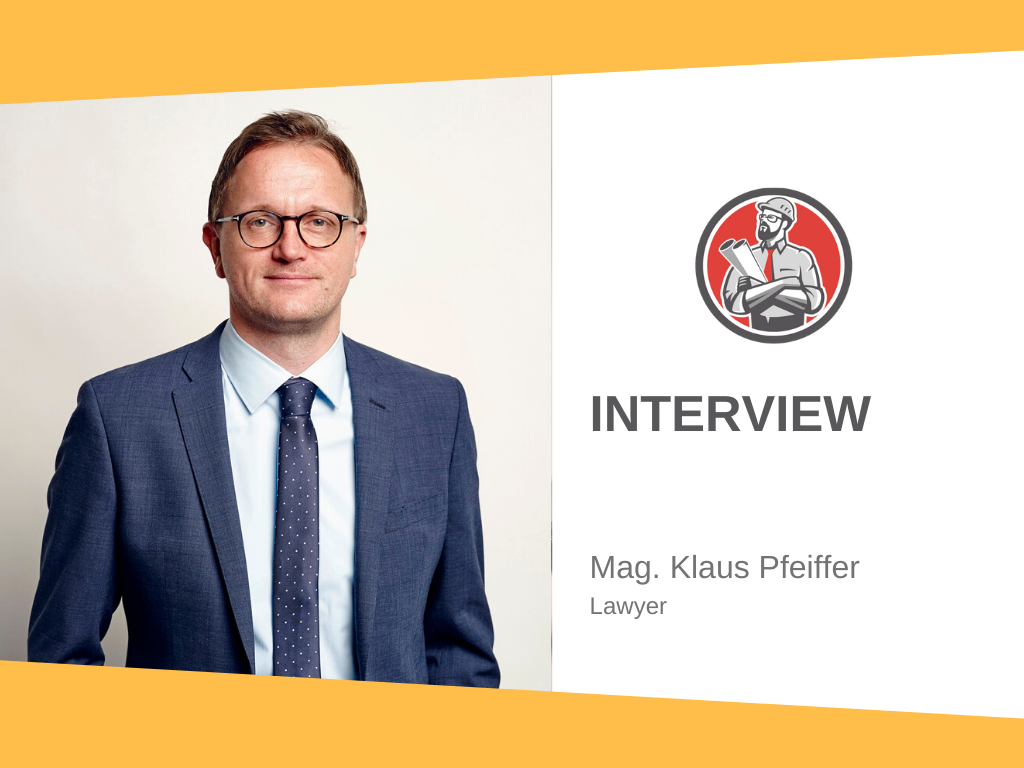
In the course of our series of interviews with investors, we here at PROPSTER have taken a particular liking to the exchange with professionals from the real estate sector, which also leads to added value for both sides. The interviews provide interesting insights from and for the scene. Furthermore, it is very important to us to provide our readers with content from the real estate sector and related topics.
With Klaus Pfeiffer, we were able to win an extremely competent lawyer and trustee, who deals with asset management topics on a daily basis, for our interview. Asset management is classically concerned with the further development of real estate beyond the current life cycle phase – strategic thinking, an affinity for figures and the ability to implement them are required to actively increase the cash flow and value of a property. Together with the client, concepts must be developed that are consistently geared to their specific needs and investment strategies and always keep the value of the property in mind. In order to work as efficiently and transparently as possible, there is no way around digitising certain steps.
We are on the verge of the next great revolution, as the digital age has long since dawned. It makes sense for the real estate world to seriously address this and take the right steps at the right time.
Klaus Pfeiffer graduated in law and bachelor’s degree in Italian at the Universities of Salzburg and Rome III and a master’s degree (LL.M.) at University College London (UCL). He is a lawyer and partner with a specialization in real estate and construction at Weber & Co. in Vienna. He is a regular speaker at ARS, zt:akademie, ÖPWZ and Linde. He is a member of the Vienna Bar Association, the Austrian Association for Building Law and Construction (ÖGEBAU), the Associazione Internazionale dei Giuristi di Lingua Italiana (AIGLI) and the International Bar Association (IBA).
PROPSTER: What are your responsibilities as a trustee and where does your work begin and end?
Klaus Pfeiffer: In property development projects and in most real estate purchases, contractors and trustees are united in one person. As soon as the property has been determined for the developer, the first step is to develop a tailor-made solution for the property. This means drawing up the purchase contract and condominium contract and taking the next steps for financing and construction. This phase can last up to one year.
Subsequently, marketing and successive sales will start, the purchase contracts will be signed, the escrow accounts will be opened, the money will be deposited and successively disbursed according to the progress of construction in accordance with the German Property Development Contract Act (BTVG).
Subsequently, supplements are often concluded, since very often additional services are ordered. The so-called special requests must be recalculated for tax purposes and recorded in the contract. During this process, I am accompanied by the seller (developer), buyer, broker and finally the land registry court, so good contract management and good communication between the parties is essential. After all, it is never just one contract, but usually a large number of contracts that have to be processed in parallel.
PROPSTER: Was there a decisive reason for your specialization in real estate law?
Klaus Pfeiffer: I have always been fascinated by the development and technical progress of real estate. Apart from the technical aspect, it is also the economic aspect that fascinates me, and ultimately the interaction of people in the most diverse areas, such as technology, banking and legal and tax advice. But I must also admit that real estate law has also found me to some extent. So it was a good mixture of the existing interest and probably fate. In the end, I also enjoy it, and that is probably the most decisive factor.
PROPSTER: How far advanced do you see the degree of digitization in the real estate sector, especially in the area of trustees.
Klaus Pfeiffer: Basically, we are very well on track with digitization in Austria. Compared to other countries, we work with a modern electronic land register that everyone can rely on. Documents are scanned, the land register application is filed electronically, and communication with the court is also usually electronic. In this case, however, the implementation of digitisation affects the state more than the individual trustee.
However, the degree of digitisation is also relatively well developed in law firms, in the form of electronic document management.
It then becomes more complicated, however, when it comes to communication between the individual participants. It is still communicated in the classic sense via e-mail and this is precisely where optimization is needed: in order to increase efficiency and transparency, a program or software is needed to automate steps and thus keep the error rate as low as possible. Because wherever many people work together, a system is prone to errors. Automated updates to buyers would make many questions obsolete and that is exactly where we have to work towards. In short, efficiency, transparency and time saving are the 3 pillars of digitalisation.
PROPSTER: In your opinion, what else should be digitized and are there areas you would advise against?
Klaus Pfeiffer: Not all areas can be perfectly digitized. As an example I would like to mention the preparation of contracts. Of course a contract can be created mechanically, but a lawyer should always check the contract and give it the necessary fine-tuning to avoid a rude awakening later on. Everything stands and falls with the right wording, and this is where a tailor-made solution is needed, because the properties are all different.
However, one should always be open-minded and keep a close eye on the market development and, if necessary, accept digital solutions. Blockchain is certainly the future, but here too it is important to estimate exactly how much digitalisation will be necessary. At the end of the day, the benefit must be there for the user, whereby the term user here includes the seller, the buyer, the lawyer, the notary and the other parties.
PROPSTER: Why does it make sense for a property developer to use an asset management tool?
Klaus Pfeiffer: It is a question of efficiency and employee satisfaction. It is not a question of rationalizing employees away, but simply of optimizing mechanical processes through the asset management tool. This makes it possible to deploy employees in a more meaningful way so that they can then perform activities that are not purely mechanical. The result is more satisfied employees and an increase in efficiency for the company, i.e. a win-win situation.
PROPSTER: How would you recommend the client to proceed regarding the implementation of the asset management tool.
Klaus Pfeiffer: With every new tool, it is advisable to talk to the provider and work out the rest in a collaborative effort. There will always be questions about new software at the beginning and these can be solved quickly and easily in joint workshops.
PROPSTER: What distinguishes a successful trustee when handling new construction projects?
Klaus Pfeiffer: A large number of enquiries are received by the trustee simultaneously. Various parties such as brokers, buyers, sellers, financing banks on the part of developers and purchasers are involved and it is important to keep absolute calm. Communication must always be maintained, regardless of how complicated the enquiries are. The ostrich tactic is out of place here and does not lead us to our goal.
PROPSTER: Your closing statement?
Klaus Pfeiffer: Experience, knowledge and the right technology provide the optimal solution.

